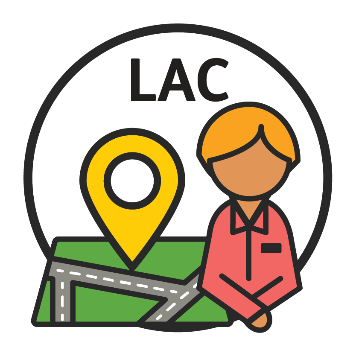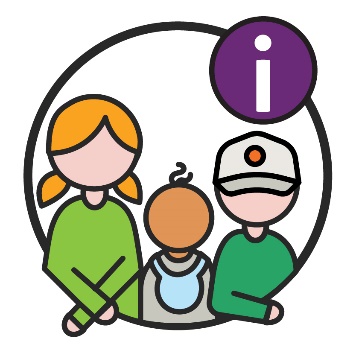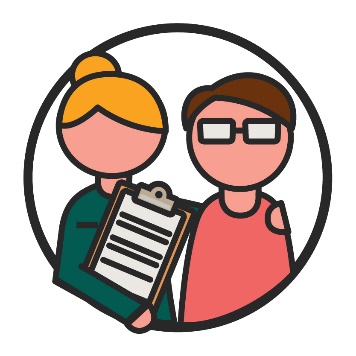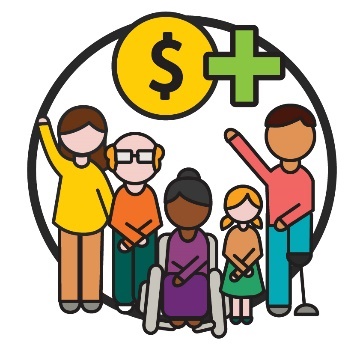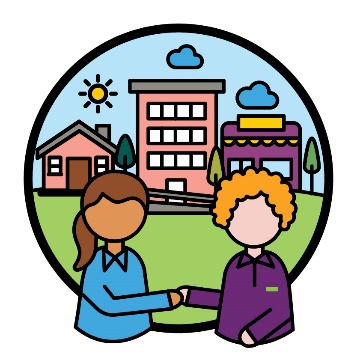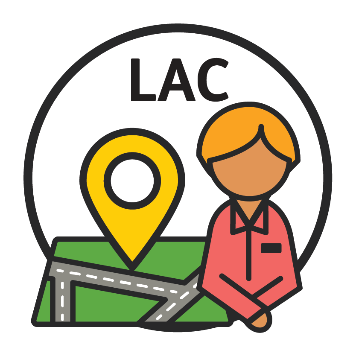Our reports
| Our Reference Group connect with the community to find out about issues that affect them. |
| Our Reference Group Members shared these issues with the NDIA. |
What did the reports talk about?
Support to find a job
| Young people with disability need support to find and keep a job. |
| And they want support for when they move from:
|
NDIS plans
There are some participants who: | |
|
|
|
|
| It’s hard for them to use the supports in their NDIS plan. And they don’t use their plans as much. |
| Participants also face challenges with plan reviews. When you review something, you check to see what:
|
| This includes participants getting less funding and supports in their NDIS plan. Funding is the money from your plan that pays for the supports and services you need. |
| When children younger than 7 have a plan, their family doesn’t get much support to manage their plan. |
| Local Area Coordinators (LACs) don’t provide enough support for children and their families. LACs are people who support people with disability when they take part in the NDIS. |
Sharing information with the community
| The NDIA should publish information that includes children. |
| It’s important to let people know about how they are changing how young children get support early in their lives. We call it the early childhood approach. |
Pricing changes that affect participants
| Some businesses and providers aren’t doing the right thing when they charge people for services. Providers support other people by delivering a service. |
| This includes charging people more money when they find out people are participants. |
Partners in the Community (PITC) program
| The way organisations apply to take part in the Partners in the Community (PITC) program has stopped. PITC are community organisations the NDIA works with to support participants. |
People are worried this might be a problem because the PITC program provides: | |
|
|
|
|
| And they worry that if new businesses can’t apply for the PITC program, it will affect how they:
|
Our reports
| Our Reference Group connect with the community to find out about issues that affect them. |
| Our Reference Group Members shared these issues with the NDIA. |
What did the reports talk about?
Support to find a job
| Young people with disability need support to find and keep a job. |
| And they want support for when they move from:
|
NDIS plans
There are some participants who: | |
|
|
|
|
| It’s hard for them to use the supports in their NDIS plan. And they don’t use their plans as much. |
| Participants also face challenges with plan reviews. When you review something, you check to see what:
|
| This includes participants getting less funding and supports in their NDIS plan. Funding is the money from your plan that pays for the supports and services you need. |
| When children younger than 7 have a plan, their family doesn’t get much support to manage their plan. |
| Local Area Coordinators (LACs) don’t provide enough support for children and their families. LACs are people who support people with disability when they take part in the NDIS. |
Sharing information with the community
| The NDIA should publish information that includes children. |
| It’s important to let people know about how they are changing how young children get support early in their lives. We call it the early childhood approach. |
Pricing changes that affect participants
| Some businesses and providers aren’t doing the right thing when they charge people for services. Providers support other people by delivering a service. |
| This includes charging people more money when they find out people are participants. |
Partners in the Community (PITC) program
| The way organisations apply to take part in the Partners in the Community (PITC) program has stopped. PITC are community organisations the NDIA works with to support participants. |
People are worried this might be a problem because the PITC program provides: | |
|
|
|
|
| And they worry that if new businesses can’t apply for the PITC program, it will affect how they:
|










